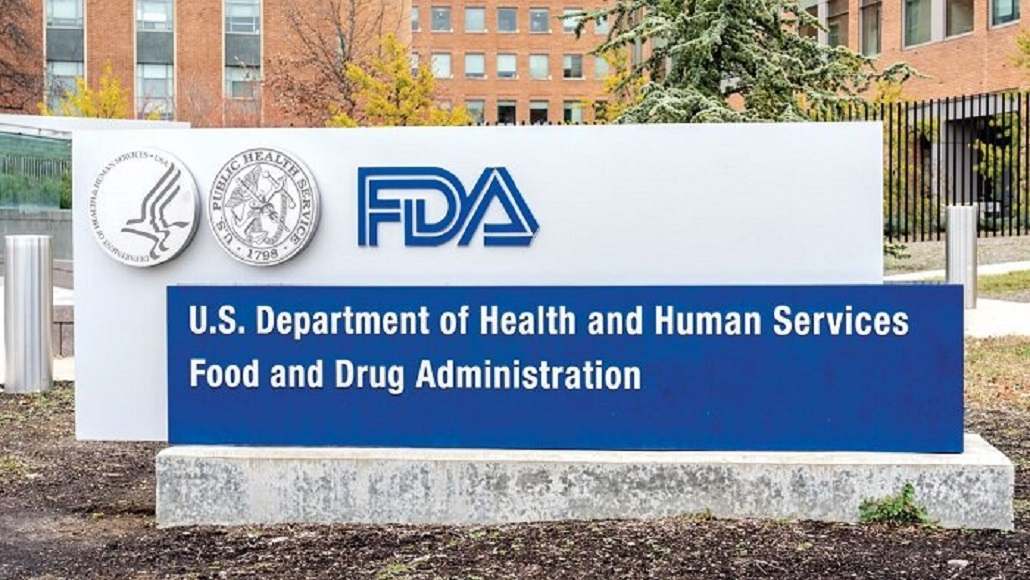The Food and Drug Administration has launched a new initiative aimed at boosting drug manufacturing within the United States. This move follows a directive from the Trump administration that called for faster construction of pharmaceutical factories across the country.
The FDA unveiled the FDA PreCheck programme, which is designed to “strengthen the domestic pharmaceutical supply chain” to bring greater predictability to the regulation of new drug manufacturing facilities.
“Our gradual overreliance on foreign drug manufacturing has created national security risks,” said FDA Commissioner Marty Makary, M.D., M.P.H. “The FDA PreCheck initiative is one of many steps FDA is taking that can help reverse America’s reliance on foreign drug manufacturing and ensure that Americans have a resilient, strong, and domestic drug supply.”
This announcement arrives at a time when the Trump administration has indicated plans to impose tariffs on pharmaceutical imports. President Trump mentioned the possibility of a “small tariff” initially, with the potential to raise it up to 250% over the next year and a half. He also said an announcement could come “within the next week or so.”
Before tariff implementation, several pharmaceutical companies pledged to invest multibillions of dollars in U.S. drug manufacturing. This represents a notable shift in the pharmaceutical supply chain landscape. According to the FDA, over half of the medicines distributed in the United States are currently produced overseas. The country also depends heavily on foreign suppliers for the “active pharmaceutical ingredients” used in these medications.
Despite major investment announcements from several companies, the process of building new drug manufacturing facilities is lengthy and often takes several years. Therefore, the investments planned for 2025 are unlikely to impact the current supply chain.
To address the issue, a May executive order directed the FDA to cut back “duplicative or unnecessary requirements” on reviews and place greater emphasis on “timeliness and predictability.”
The FDA PreCheck Program aims to address these challenges. The agency intends to work more directly with manufacturers at critical stages, including the design, construction, and pre-production phases. It will also encourage companies to prepare a “master file” containing detailed, site-specific information that can be used in future drug applications.
In addition, the FDA intends to provide early feedback and hold pre-application meetings to streamline the chemistry, manufacturing, and controls sections of submissions.
While no further details were shared at this time, the FDA has scheduled a public meeting, “Onshoring Manufacturing of Drugs and Biological Products”, on September 30, 2025. This session will feature a presentation on the draft framework of the FDA PreCheck programme.























